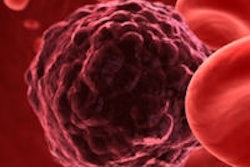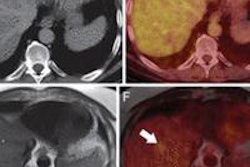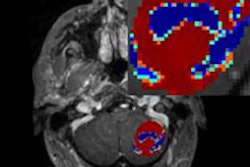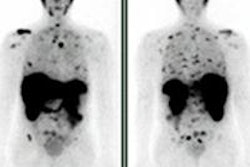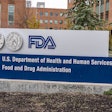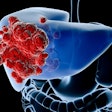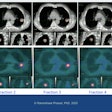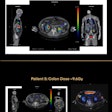Researchers have made substantial progress against cancer in the past year, but demographics and lifestyle issues continue to complicate the battle against the disease, according to the 2013 American Association for Cancer Research (AACR) Cancer Progress Report.
Research efforts have translated new discoveries into better methods for preventing, detecting, diagnosing, and treating cancer, the group wrote in a statement. According to the report, the number of cancer deaths decreased by 1 million since 1990 and 1991 for men and women, respectively.
Also, the number of cancer survivors continues to grow, with nearly 14 million survivors alive at the beginning of 2012. In the past year, the U.S. Food and Drug Administration (FDA) approved 11 new drugs to treat various cancers, three new uses for existing drugs, and three new imaging techniques, AACR said.
Cancer genomics research is also progressing rapidly. Almost half of the new anticancer drugs approved by the FDA in 2013 target specific genetic deficits, and anticancer immunotherapies are also yielding sustained patient responses, the organization noted.
Bad habits, population an uphill battle
Yet despite significant advances in research, more than 1.6 million Americans will be diagnosed with cancer this year, and more than 580,000 will die from one of the more than 200 types of cancer, according to AACR. The prevalence of obesity and smoking continues to contribute to the problem.
In addition, 75% of cancers occur in individuals 55 years and older, and unless the U.S. commits to more research, the healthcare burden and economic costs of cancer will skyrocket in the coming years. The report predicts that global cancer incidence will increase from 12.8 million new cases in 2008 to 22.2 million in 2030.
The U.S. National Institutes of Health (NIH) estimates that the overall cost of cancer in 2008 was $201.5 billion, consisting of $77.4 billion in direct medical costs and $125 billion in lost productivity due to premature death. However, the NIH budget has been shrinking for 10 years, and the losses have been compounded by a direct cut of $1.6 billion due to sequestration.
Efforts are needed to develop new tools, analytics, ways of thinking about cancer, and ways of working together to help all biomedical research stakeholders achieve the goal of removing cancer as a major health threat. Accomplishing this will require a comprehensive understanding of the biology of cancer, the group concluded.
A copy of the report is available here.




